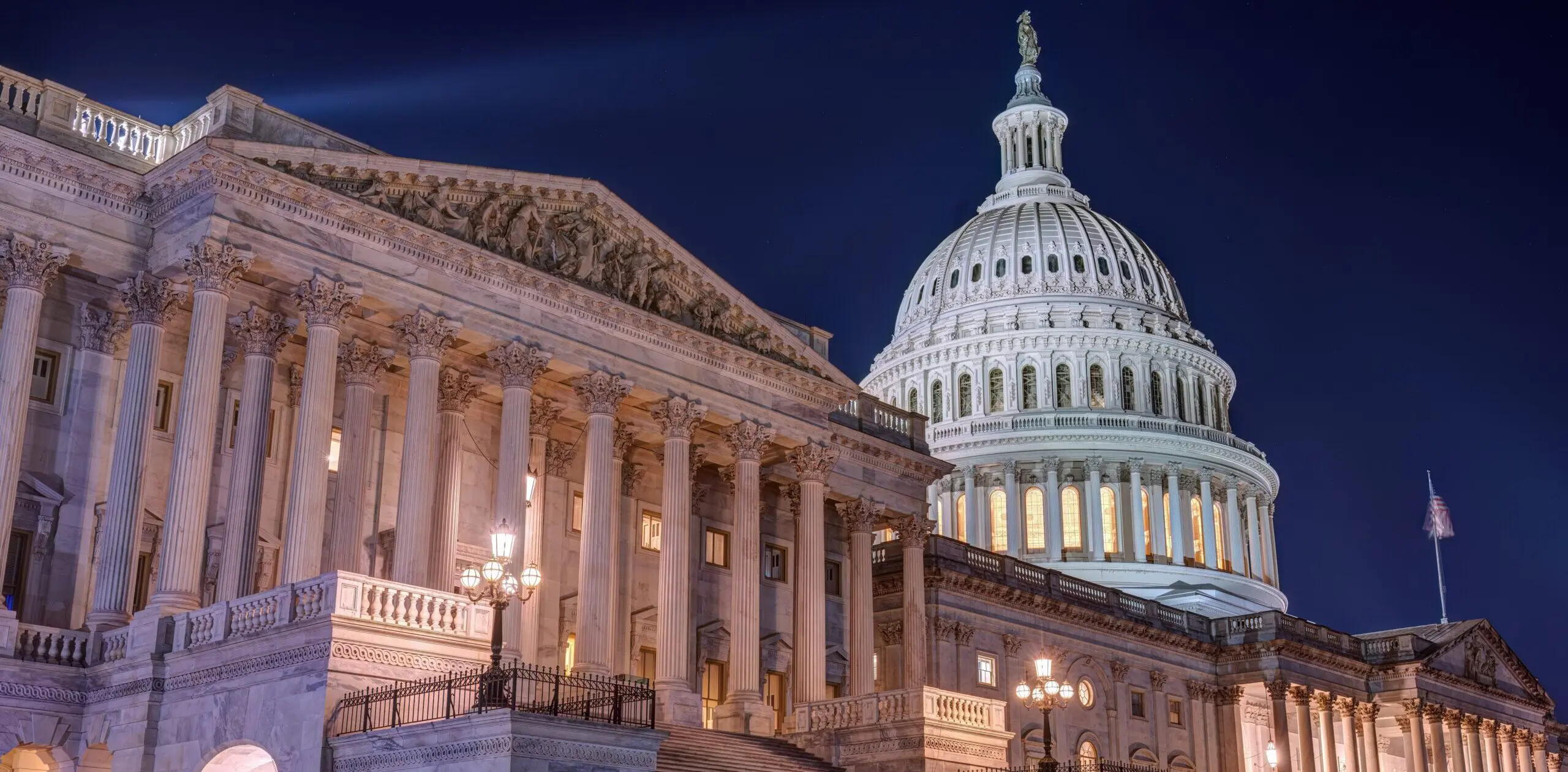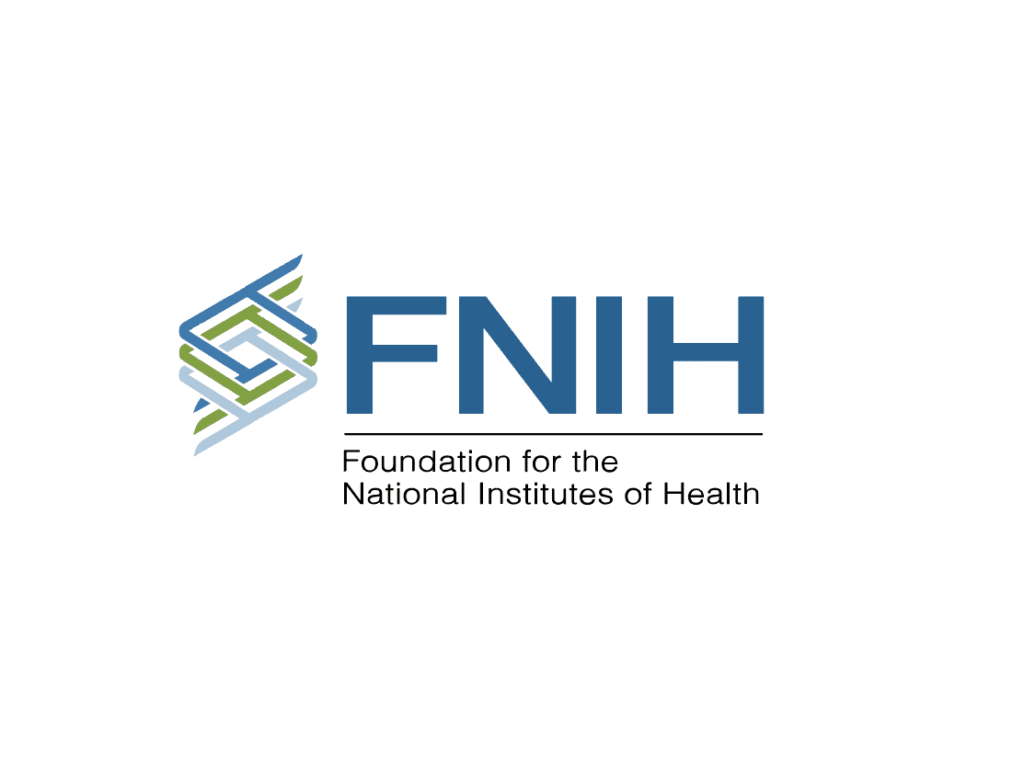

NHC Priorities for the 119th Congress
By: Allen Pinn, Coordinator, Policy
On January 3, 2025, the 119th Congress convened ahead of the inauguration of President-elect Donald Trump. The makeup of this Congress includes a narrow margin in the House (219R – 215D) and slightly larger split in the Senate with 52 Republicans, 45 Democrats, and 2 Independents who caucus with Democrats. As the new Administration and Congress begin their work, the National Health Council (NHC) is continuing to promote patient-centered health policy. Our first action was delivering a letter to the entire Congress that outlined patient priorities. We will be expanding these efforts with a Congressional briefing in late February. The NHC is looking forward to collaborating with new members of Congress and other officials in advancing policy priorities that put patients first.
The NHC’s letter to Congress outlined patient priorities in several areas:
Medicaid Coverage
Nearly 80 million Americans receive benefits from Medicaid, which serves as an essential lifeline for individuals who otherwise would not receive health care. Medicaid provides individuals with disabilities/chronic illness access to critical home and community-based services in addition to job opportunities. The NHC is urging Congress to oppose any changes to Medicaid that would cause harm to people with chronic diseases and disabilities.
Health Insurance Premiums
Maintaining health care affordability is critical in ensuring patients have access to care. In 2021, Congress established advance tax credits in the Affordable Care Act to help lower the cost of health insurance purchased in the Marketplaces. Due to the tax credits success, Congress extended the credits in 2022 through the end of 2025. Congress should continue to ensure patients can access high-quality coverage by working to prevent premium increases and extending advance tax credits.
Telehealth Flexibilities
The NHC is urging Congress to extend or make permanent telehealth flexibilities that are set to expire in March. Telehealth is a crucial resource for patients living with chronic diseases, disabilities, and those who live in rural areas, to access health care. Support for telehealth access is widespread and bipartisan support and its continued availability to the patient community should be prioritized.
Safe Step Act
Introduced by Senator Lisa Murkowski (R-AK), the bipartisan Safe Step Act (S.652) would ensure that employer health plans offer a fast and medically reasonable step therapy exceptions process. The Safe Step Act previously passed out of the Health, Education, Labor, and Pensions Committee in the 118th Congress and should be reintroduced and passed in this Congress to allow patients to access timely care and avoid negative health outcomes.
Rare Pediatric Disease Priority Review Vouchers
These vouchers drive innovation and are imperative to expediating scientific breakthroughs. Congress must pass the five-year reauthorization of the voucher program.
Health Care Transparency
The health care system has become notorious for its complexity and opaqueness, which creates a barrier to care for patients. When there is a lack of transparency in the health care system, it can make it difficult for patients to make informed decisions on appropriate and timely care. If transparency is improved, patient organizations would be better equipped to analyze legislative and regulatory proposals and advocate for change that impacts millions of patients.
Out-of-pocket Expenses
Reducing the cost of care is essential in strengthening health care for the patient community. The NHC supports policies that share savings such as rebate passthroughs or cost sharing tied to negotiated rates with patients.
As the 119th Congress begins their work, the NHC looks forward advocating for the patient community’s needs and fulfilling its mission of Putting Patients First™. To read NHC’s welcome letter to the 119th Congress, click here.


